Election 2022: Transgender views strike a chord in city’s west
The views of the Warringah Liberal candidate appear to be striking a chord as controvery mobilises religious communities.
The views of Warringah Liberal candidate Katherine Deves on transgender athletes appear to be shifting votes for the Coalition in western Sydney as the controversy around her mobilises religious communities.
Religious leaders in the western suburbs – a key electoral battleground – said the storm around Ms Deves, who is against transgender athletes playing alongside women and girls, was cutting through with their constituents. The Coalition is targeting western suburb seats in the hope of offsetting expected losses elsewhere.
Scott Morrison has visited Parramatta, currently held by Labor on a margin of 3.5 per cent, six times this election to support Liberal candidate Maria Kovacic.
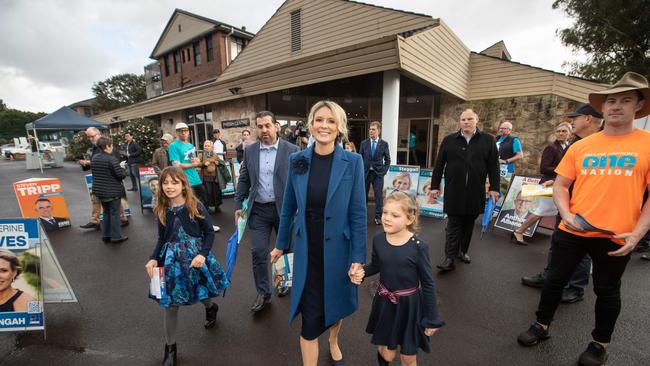
The seats of Greenway and Werriwa are also considered outside chances.
A Sydney Liberal powerbroker who didn’t wish to be named said Ms Deves was “shifting votes” in the west as she represented the views of a “silent majority of people that are sick to death of wokeness” and were disappointed by the Morrison government’s failure to pass religious discrimination legislation.
“Is it enough to save the ship?” the person asked. “I don’t know there is enough of her to go around.”
While many pundits believe Ms Deves’ transgender comments don’t sit well with her own electorate, the controversy has helped her campaign in one respect: volunteers from western Sydney have been travelling to the north shore to help at her pre-polling booths in Warringah.
Her campaign co-ordinator, Jonathan Malota, said he was surprised by the number of volunteers from the west, which he said increased the more Ms Deves spoke publicly about the issue. “I can’t tell you how many bus timetables I have given out,” he said. “The more she spoke the more those in the west wanted to help.”
UTS sociology emeritus professor Andrew Jakubowicz said the resounding No vote in the 2017 same-sex marriage plebiscite in western Sydney indicated voters would be receptive to Ms Deves’ views.
“These are communities with a high number of people from non-English-speaking backgrounds, both immigrants and their children, and voters who have high rates of religious alignment,” he said.
He described the Deves controversy as “symbolically salient and anxiety provoking” for specific voters and it had the ability to “shift preferences with significant consequences”.
“These communities were most heavily targeted in Covid by drastic lockdowns, job loss, surveillance, and are resentful and hurting, especially compounded by rising prices and stagnant wages,” he said.
In a close contest Professor Jakubowicz predicted marginal voters might “abandon their economic interest (supporting the ALP on wages) and follow their emotional response on moral issues”.
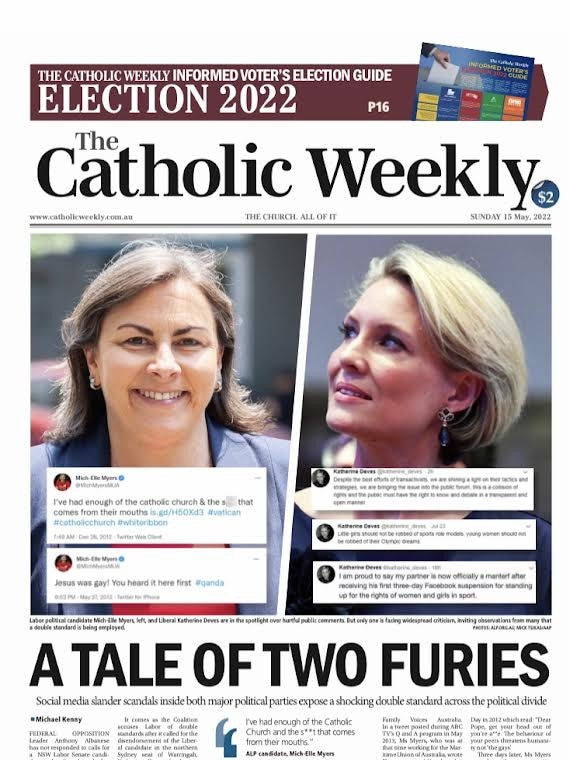
At the Victory Life Church in Blacktown, Shadey Hawae said Christian communities had been “mobilised” by the Deves controversy. “She is saying what the average Australian thinks but is scared to voice,” he said.
Further west at Glendenning, Come to Jesus Church lead pastor Jim Yap said his congregation was concerned by the prospect of transgender athletes playing sport with girls.
Catholic Weekly editor Peter Rosengren said the controversy exposed the double standards of “woke activism”.
“There was no shortage of politicians, activists and media identities lining up to condemn Ms Deves,” he said. “However, when Senate candidate Mich-Elle Myers was exposed tweeting slurs about both Jesus and the Catholic Church, her attacks went unchallenged.”
A Catholic youth worker, who did not wish to be named, said Ms Deves was “speaking for religious people in western suburbs” but said religious leaders were not necessarily keen to engage publicly about her.
At a shopping centre in Seven Hills, in the electorate of Greenway, Celia Rennie said she felt “upset and angry” about how Ms Deves was treated.
“I felt sorry for her, they were trying to cancel someone they didn’t agree with.”
Labor holds the electorate of Greenway by a margin of 2.8 per cent. After the 2019 election, local MP Michelle Rowland identified the party’s misunderstanding of religious voters as a central issue in the election loss, conceding the party “didn’t get it right”.

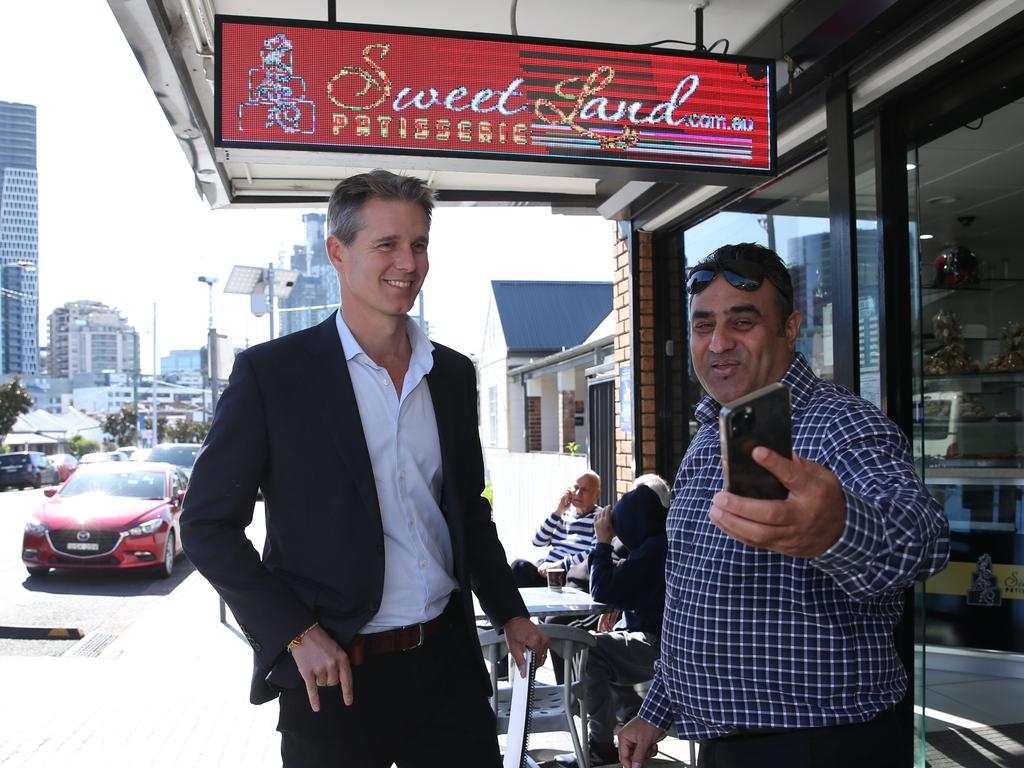
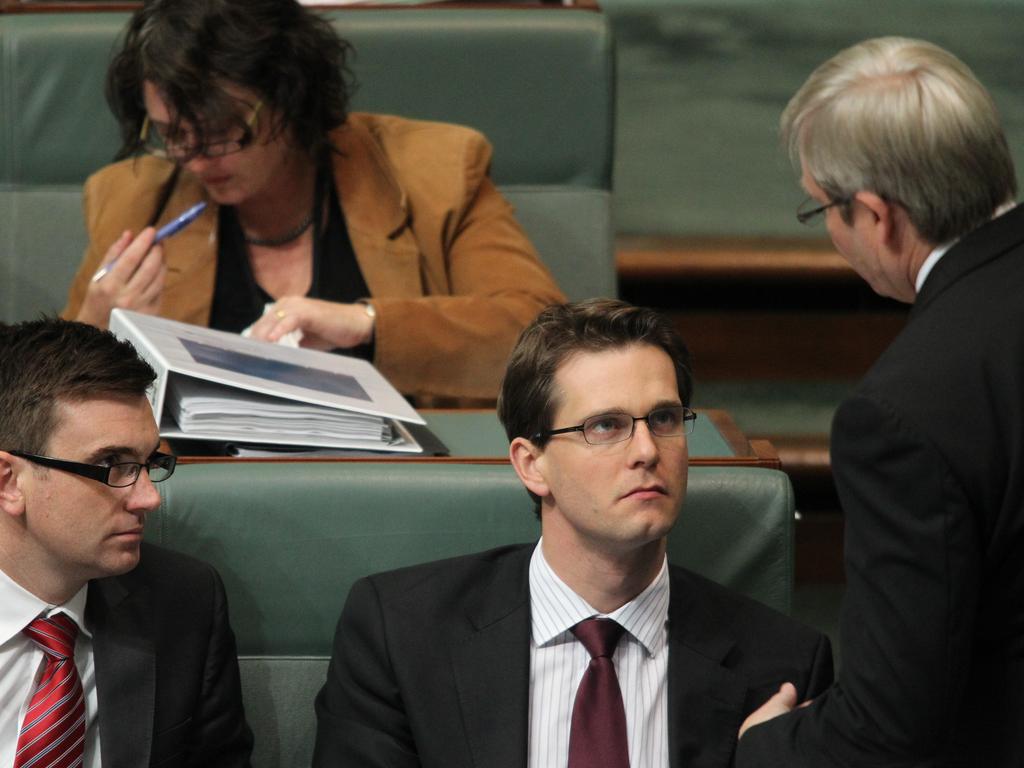
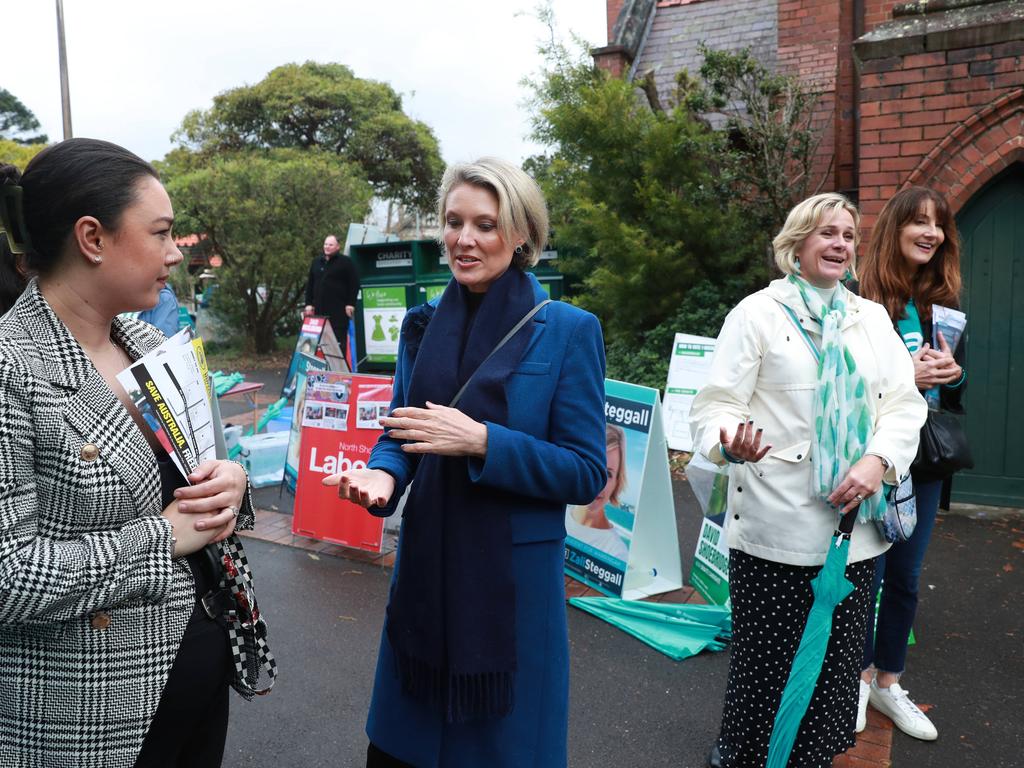



To join the conversation, please log in. Don't have an account? Register
Join the conversation, you are commenting as Logout